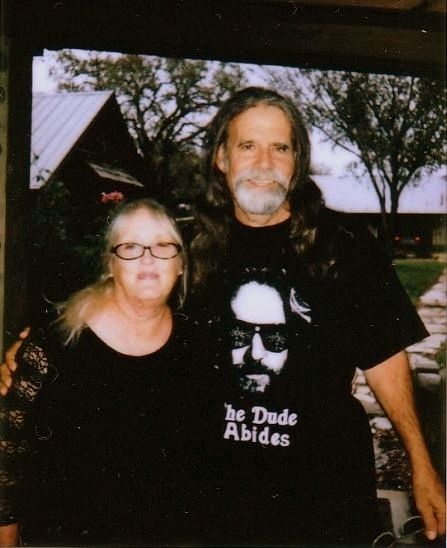Nadofaragene firadenovec, a novel intravesical therapy for nonmuscle-invasive bladder cancer (NMIBC) that does not respond to bacillus Calmette- Guérin (BCG) therapy shows efficacy across important patient subgroups, investigators reported at SUO 2020, the virtual annual meeting of the Society of Urologic Oncology.
In the original phase 3 trial of 157 patients with high-grade BCG-unresponsive NMIBC, clinicians delivered nadofaragene firadenovec (also known as rAd-IFNa/Syn3), a non-replicating adenovirus vector-based gene therapy containing the gene interferon alfa-2b, by catheter into the bladder epithelium once every 3 months. The 3-month complete response rate was 59.6% overall and 53.4% in patients with carcinoma in situ (CIS) with or without Ta or T1 tumors. In addition, 72.9% of patients with high-grade Ta or T1 tumors and no CIS had freedom from high-grade recurrence. At 12 months, 30.5% overall, 24.3% of patients with CIS (with or without Ta or T1 tumors), and 43.8% of patients with high-grade Ta or T1 tumors (and no CIS) were free from high-grade recurrence.
For both the CIS and high-grade Ta/T1 only cohorts, there were no significant differences in response rates at 3 and 15 months between male and female patients, patients younger and older than 70 years, BCG-refractory vs BCG-relapsed disease, patients with more or less than 3 prior lines of therapy, number of prior non-BCG regimens, and patients with more or less than 3 prior courses of BCG, Vikram Narayan, MD, of Emory University in Atlanta, Georgia, reported.
Duration of response also did not differ significantly among groups, Dr Narayan reported. Only in the CIS cohort, patients who received 3 or fewer prior courses of BCG had significantly longer duration of response compared with patients who received more than 3 courses: 12.68 vs 4.96 months. A multivariable analysis confirmed that none of these baseline characteristics or prior therapy significantly influenced response rates at 3 and 15 months or duration of response.
www.renalandurologynews.com/home/conference-highlights/annual-meeting-of-the-society-of-urologic-oncology/suo-2020/intravesical-gene-therapy-efficacy-nonmuscle-invasive-bladder-cancer-patients-features/  Topic Author
Topic Author
